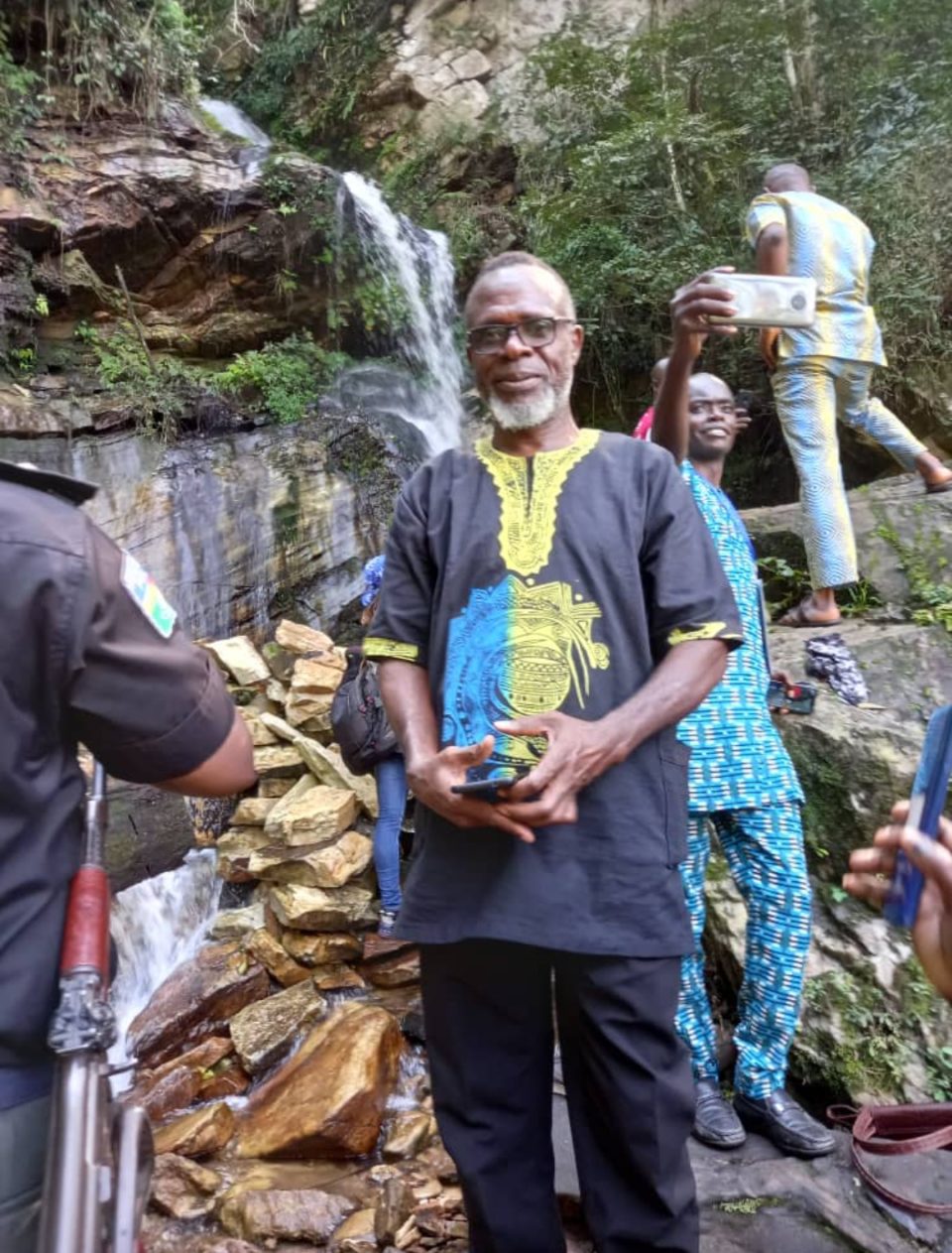By Osa Mbonu-Amadi
Nigeria’s tourism industry is severely impacted by insecurity, causing a sharp decline in both domestic and international tourist visits. Hotels report occupancy rates dropping from 70-80 percent to as low as 20-35 per cent in affected areas like Owerri. Many tourist sites across the six geopolitical zones have also been abandoned due to fears of kidnapping and terrorism.
The sector has lost about 30-50 per cent of its revenue, with key cultural festivals and events canceled or relocated to safer countries. This insecurity discourages investment, disrupts local economies dependent on tourism, and shifts international business and leisure travelers away from Nigeria.
Beyond hospitality, Nigeria’s tourism decline due to insecurity negatively affects several linked sectors. One of those linked sectors is agriculture, where local farmers supplying food to hotels and restaurants face reduced demand, leading to income loss.
Transportation is another affected sector. For instance, operators providing travel services to tourists experience sharp drops in business, affecting livelihoods.
For trade and crafts, artisans and local markets lose customers as tourist visits dwindle, threatening traditional crafts and cultural preservation.
Event management and cultural festivals have also been hit hard. Cancellation or relocation of festivals has drastically reduced economic activity and cultural exchange.
Insecurity deters both private and public investments in tourism infrastructure, stalling regional economic growth. As a result, investment and infrastructure development are crippled.
These ripple effects deepen poverty and unemployment, creating a vicious cycle that further undermines tourism and related industries.
As solutions to Nigeria’s tourism insecurity challenge, strengthening security measures is key. The government should enhance law enforcement in the country, especially tourist areas by deploying dedicated tourist police, increasing surveillance with cameras and drones, and improving rapid response capabilities to deter crime and reassure visitors.
There should be partnerships between government and private sector actors—hotels, tour operators, and travel agencies. This is vital for investing in safety infrastructure, staff training, and crisis management protocols.
Policy and infrastructure support is another key measure. The Federal Government’s new National Tourism Policy should move from paper to practice. The importance of visa reforms, including e-visa which aim to simplify travel and attract tourists cannot be over-emphasized. Key infrastructure like airports and roads that enhance accessibility and safety should be improved.
Adopting sustainable tourism and digital innovations such as AI-powered travel tools and augmented reality experiences also help diversify tourism offerings and build confidence among travelers. This is called eco and smart tourism.
Together, these strategies can restore confidence, boost visitor numbers, and unlock Nigeria’s tourism potential.


